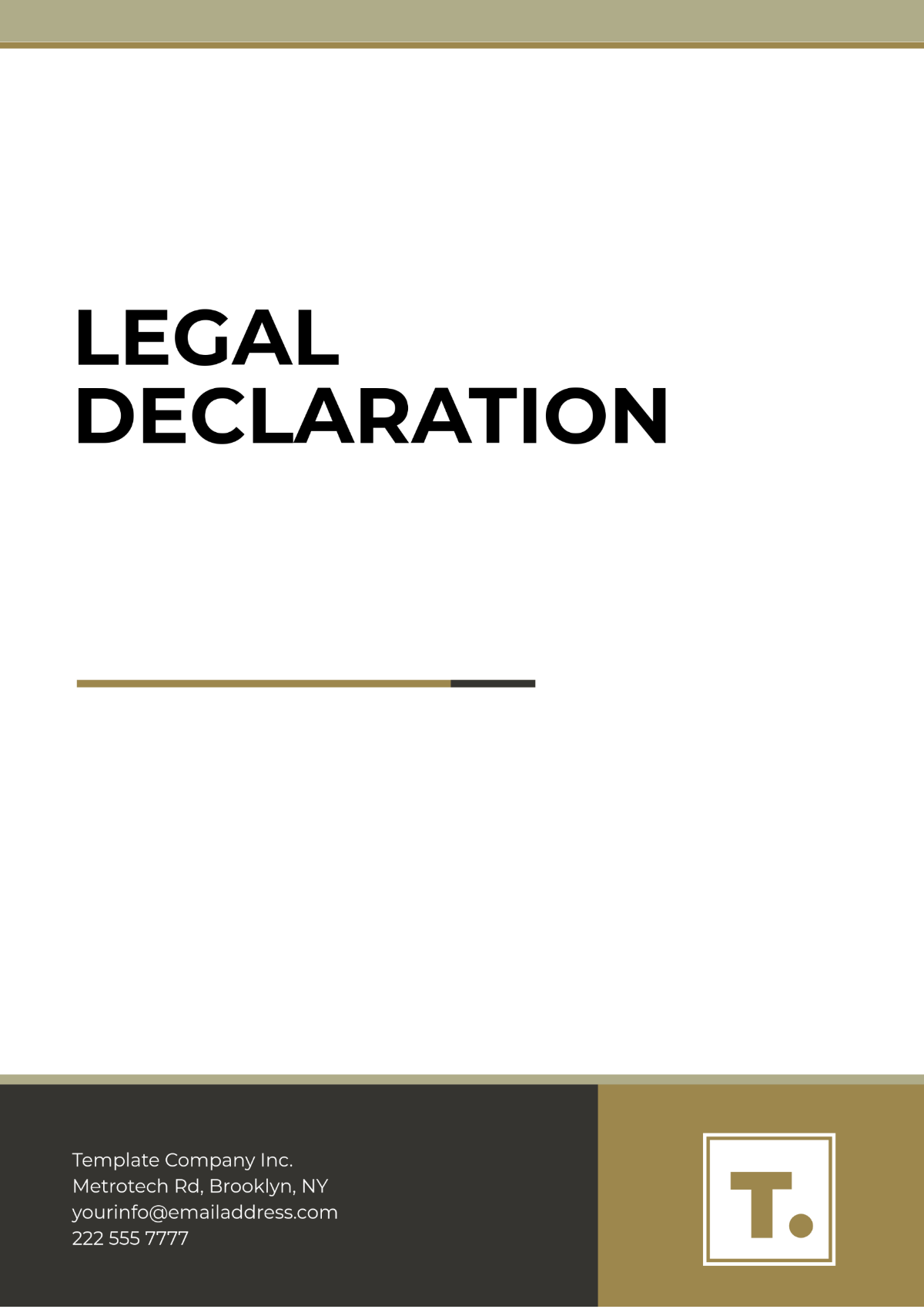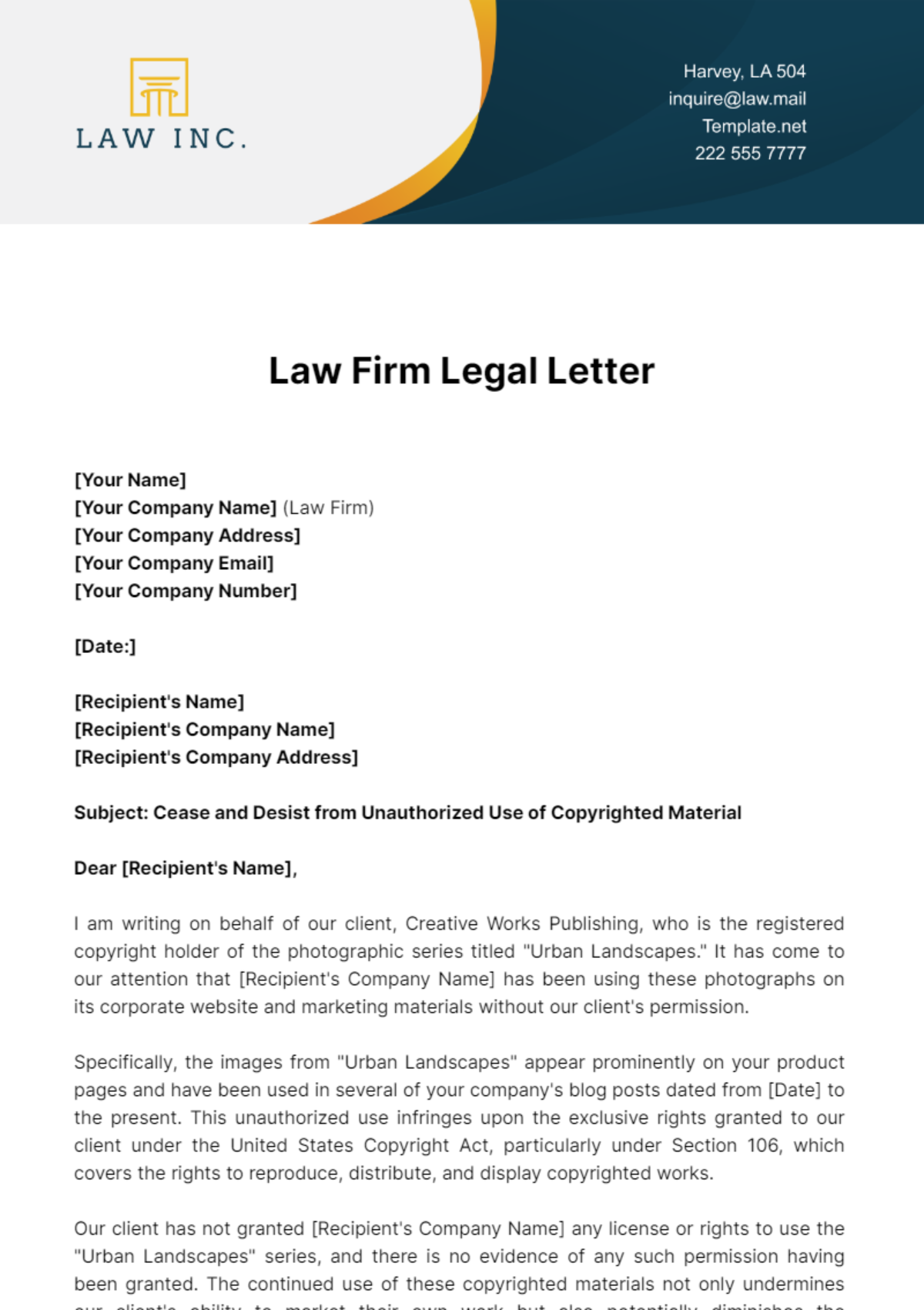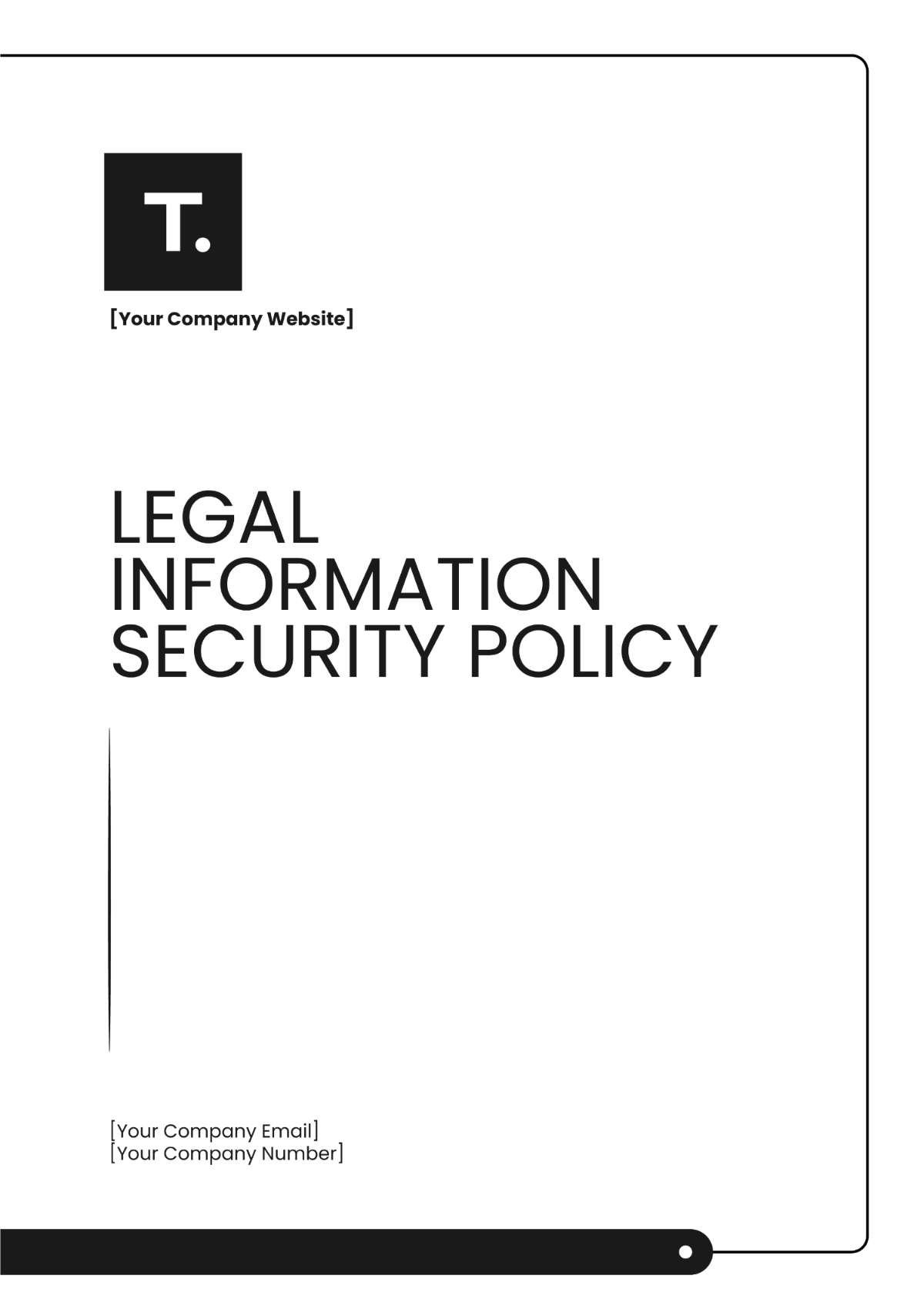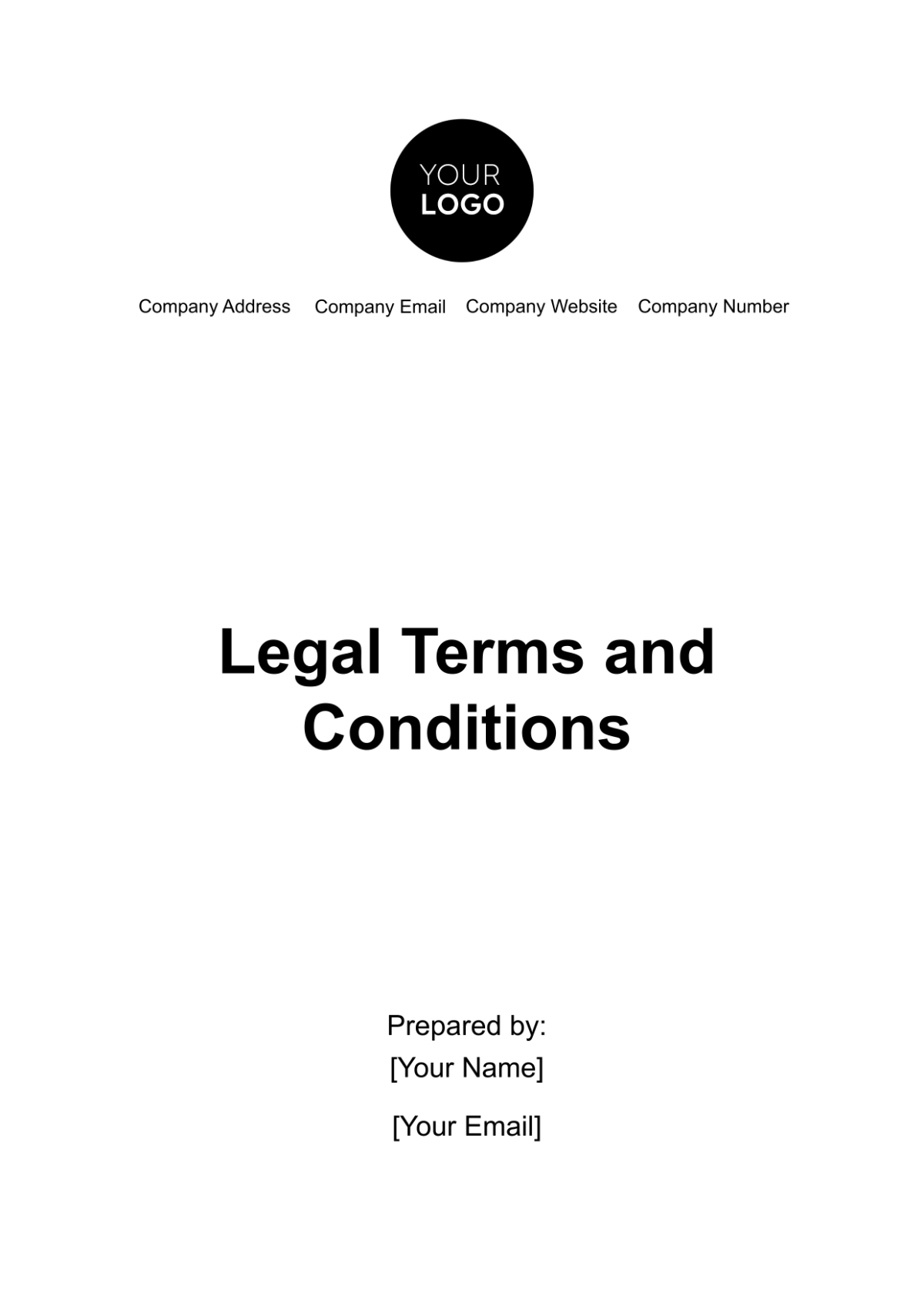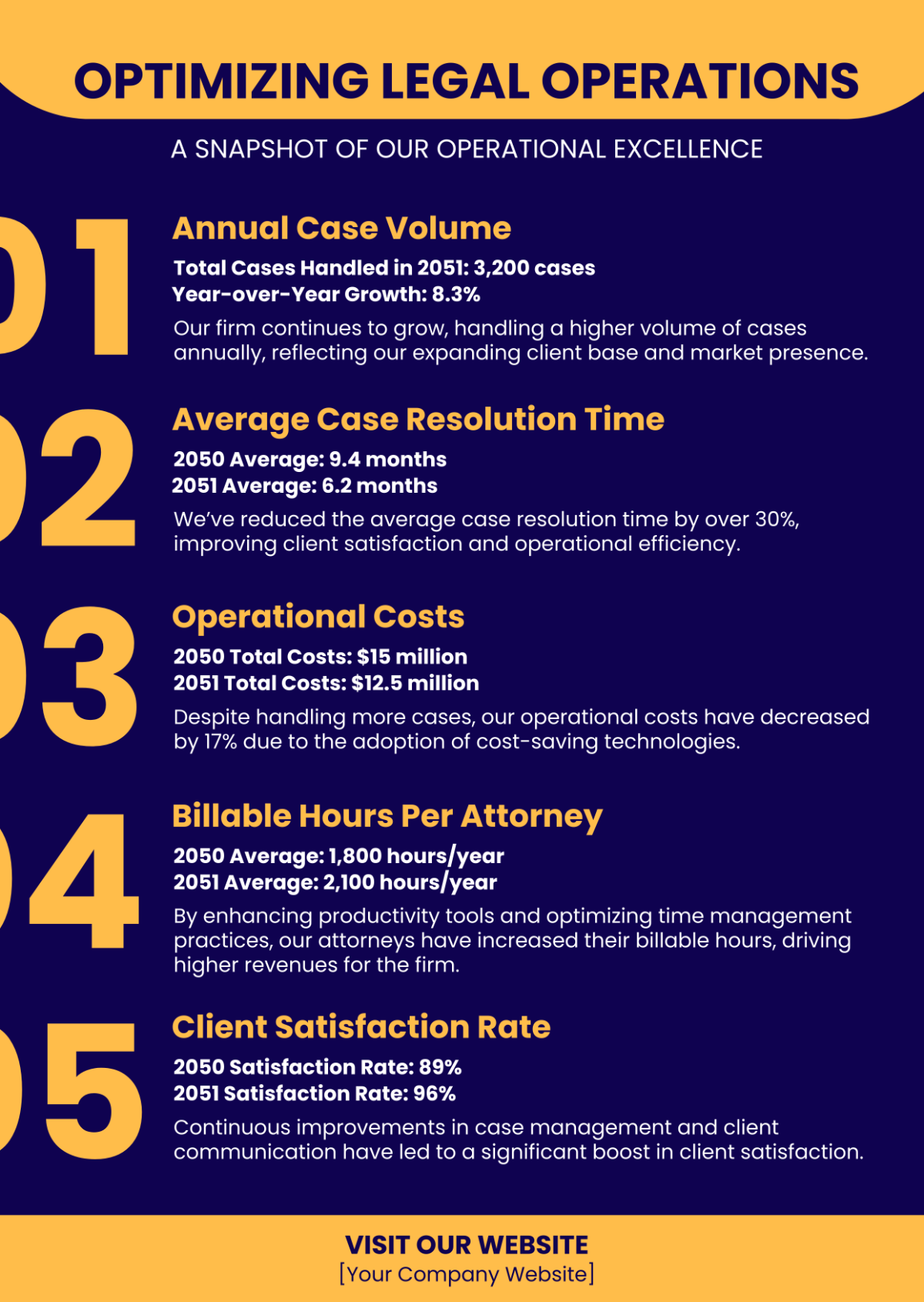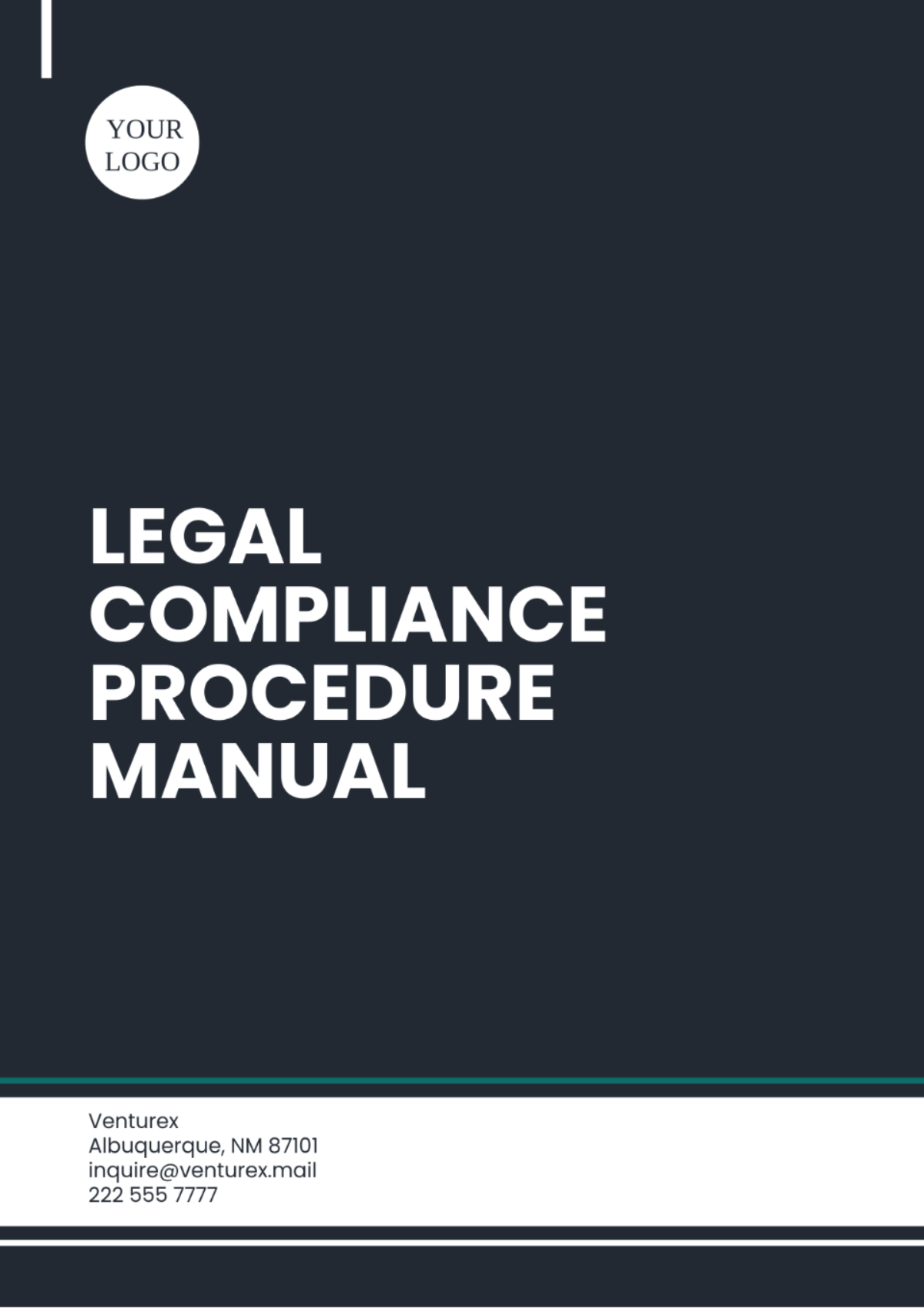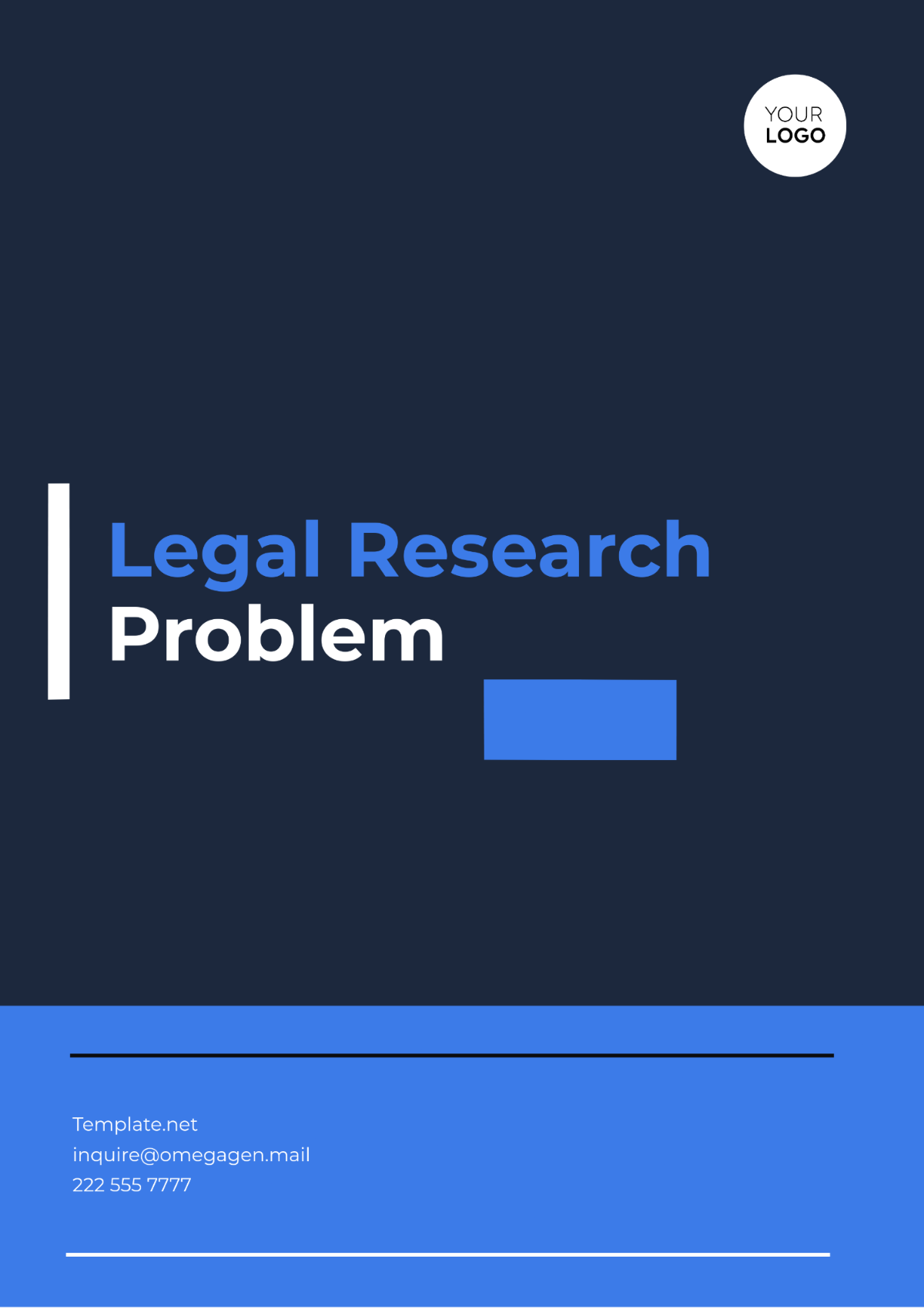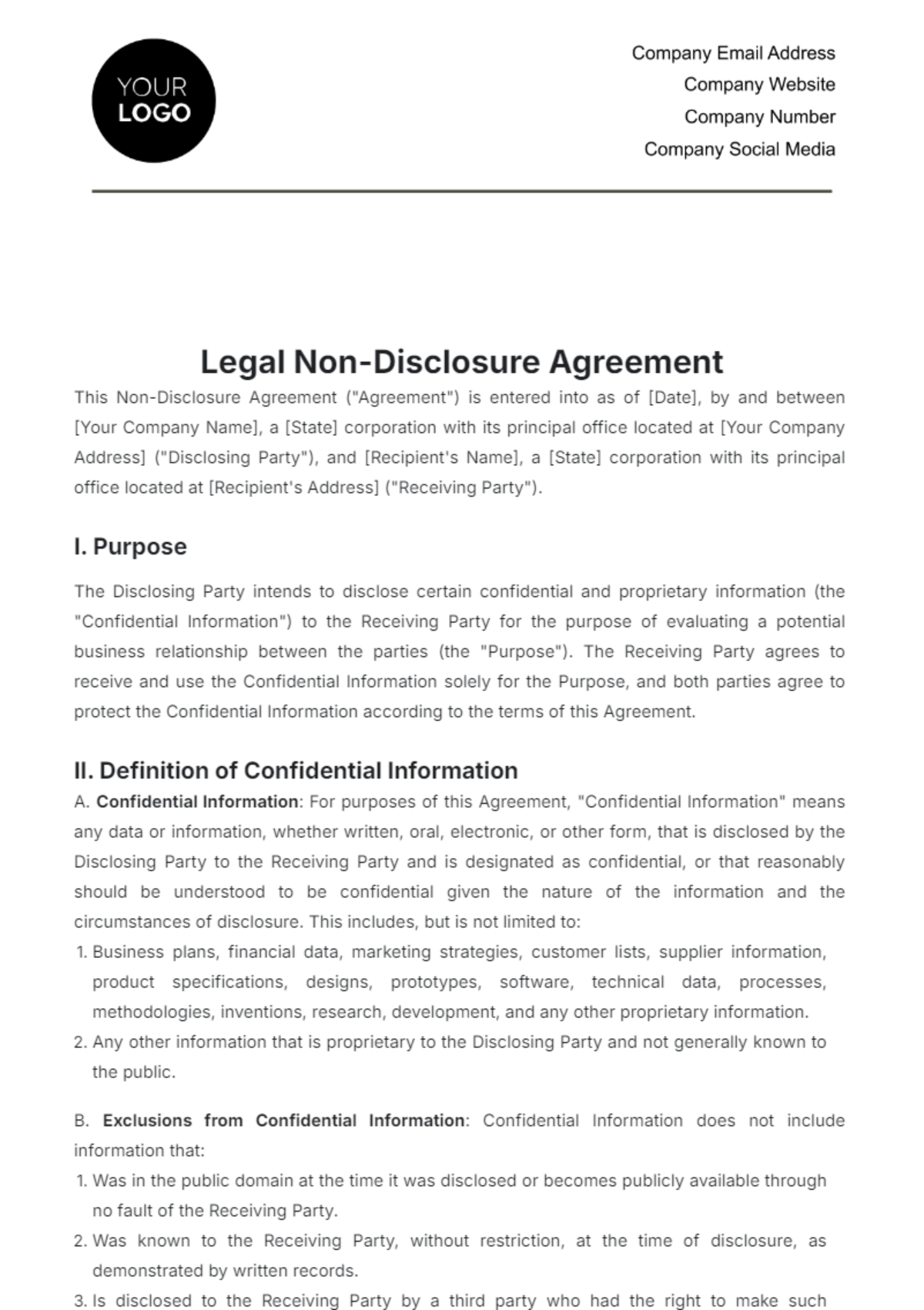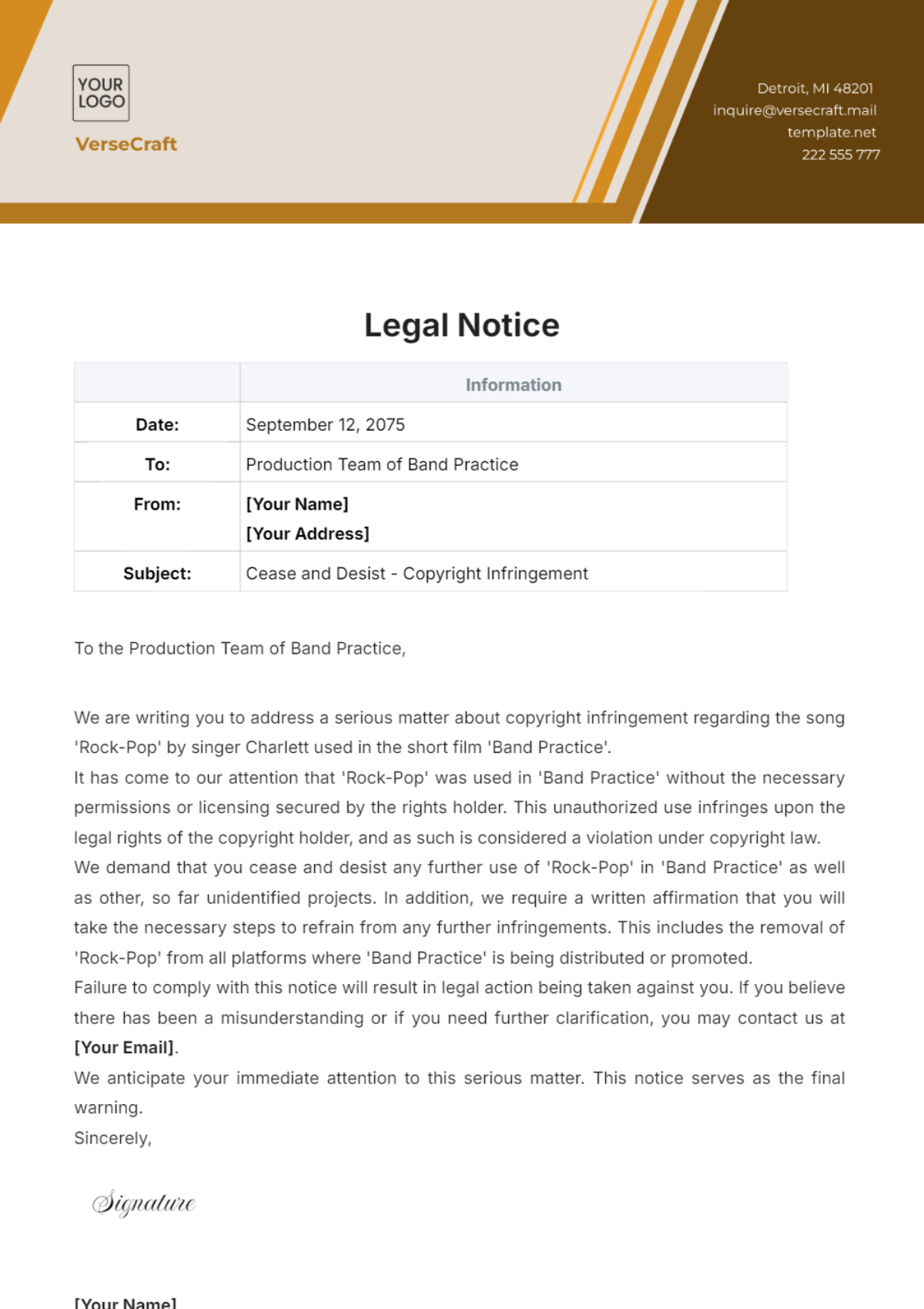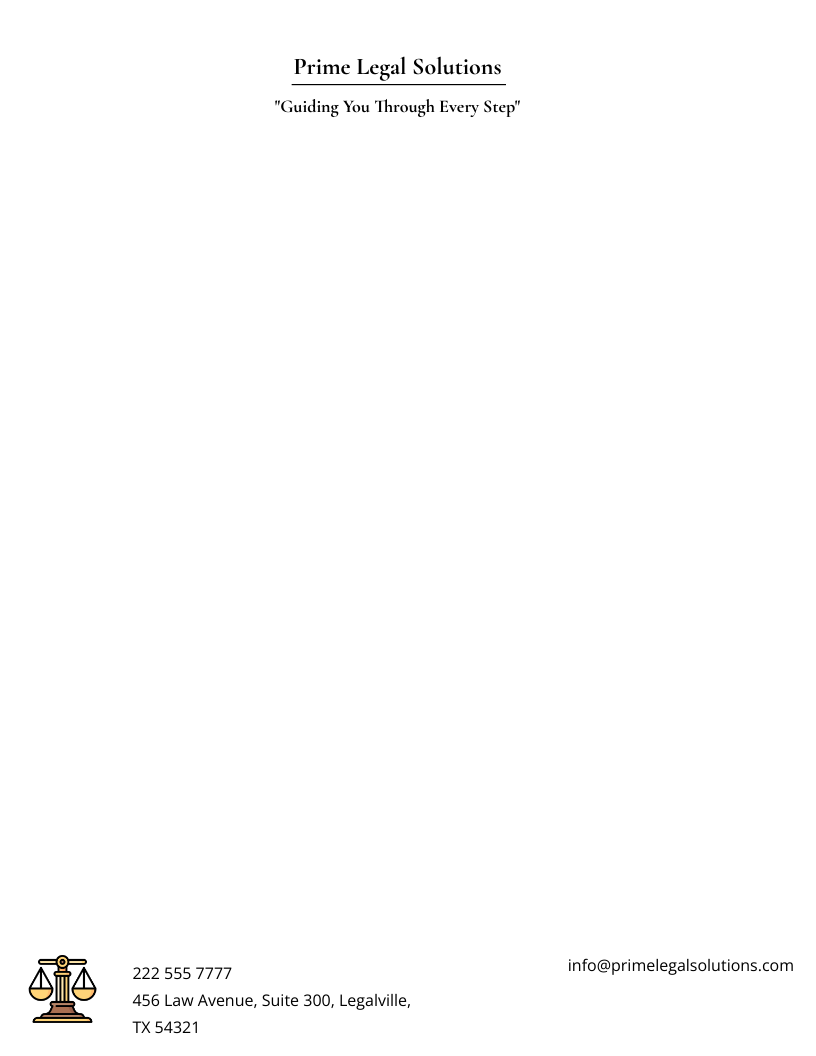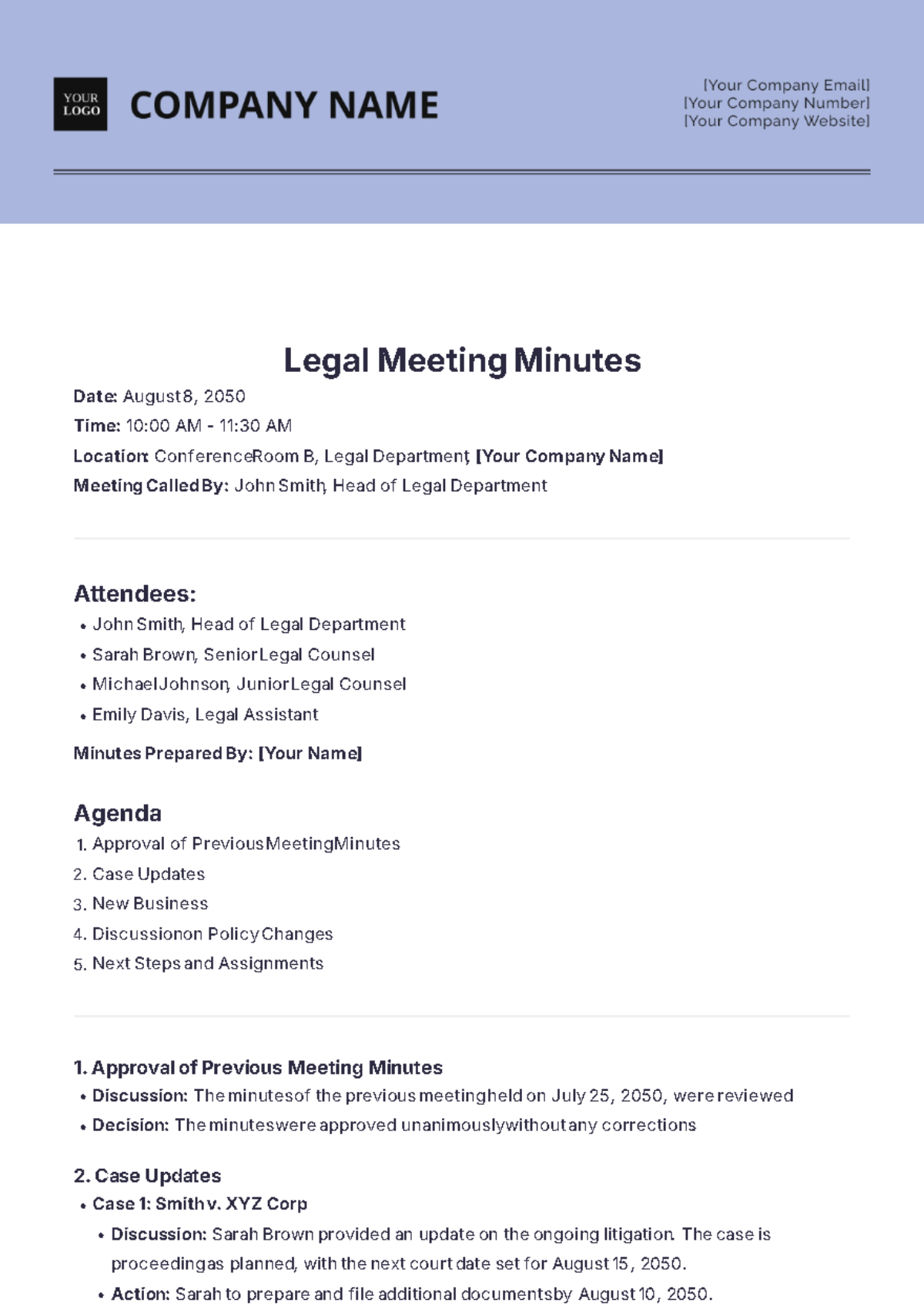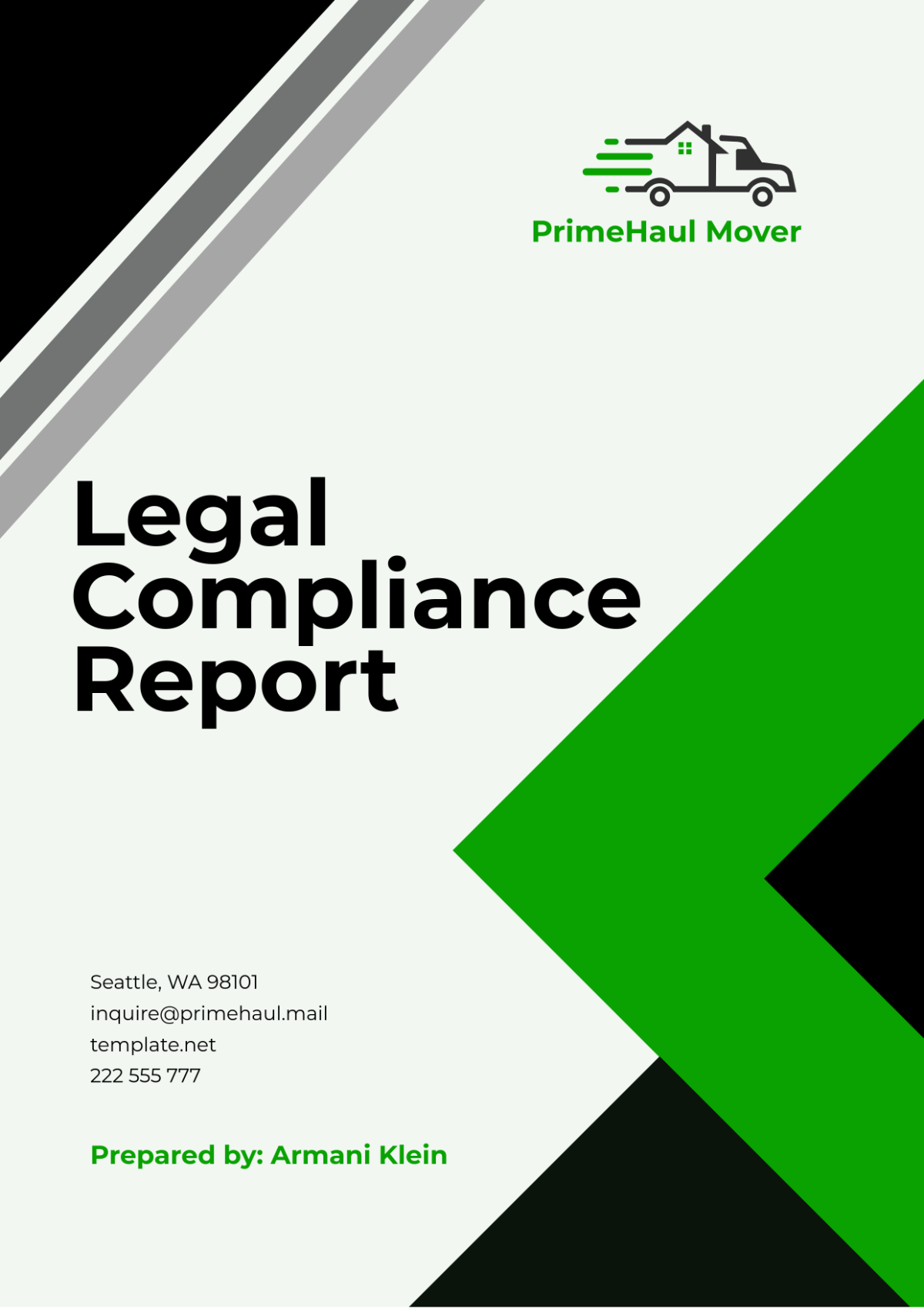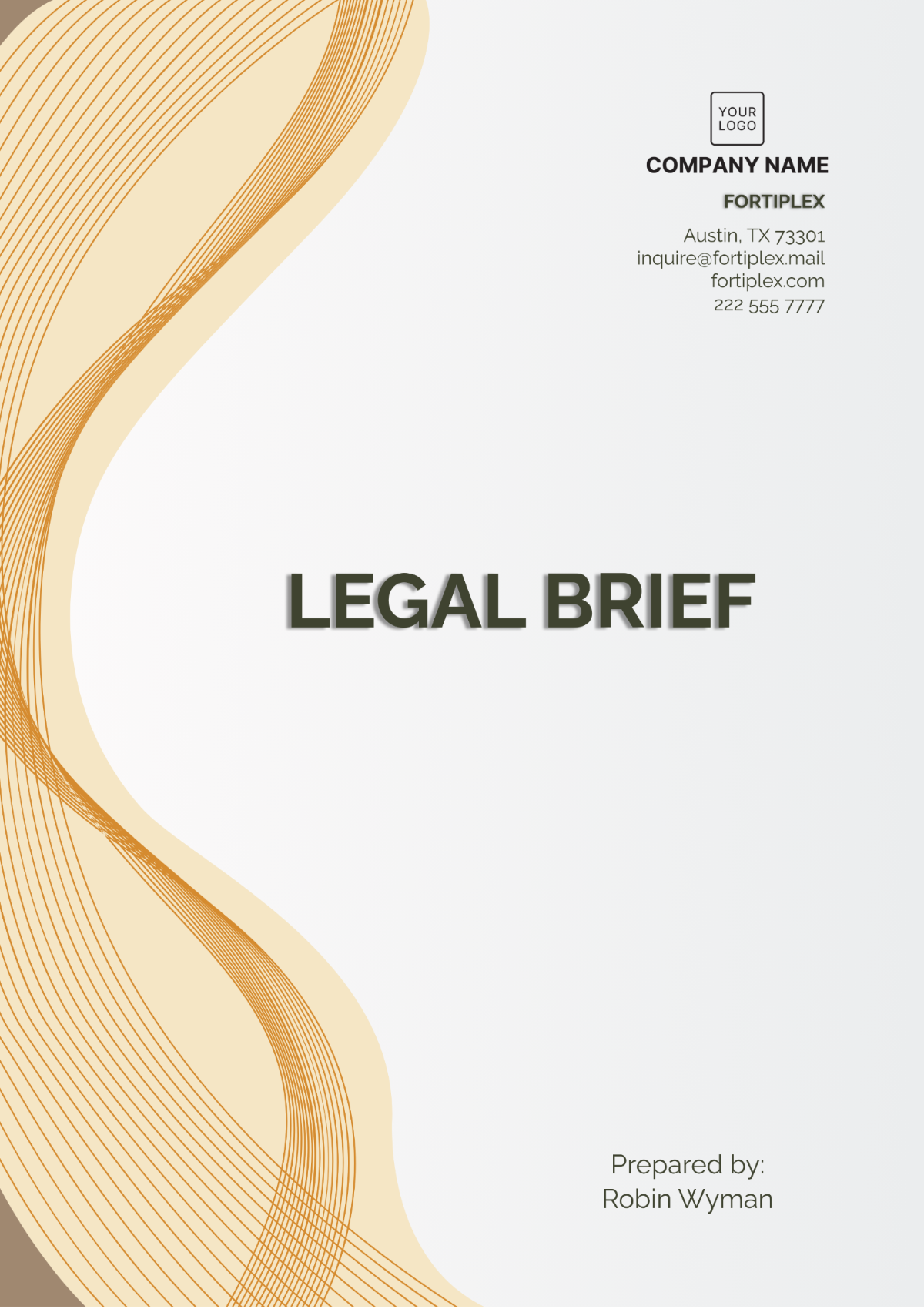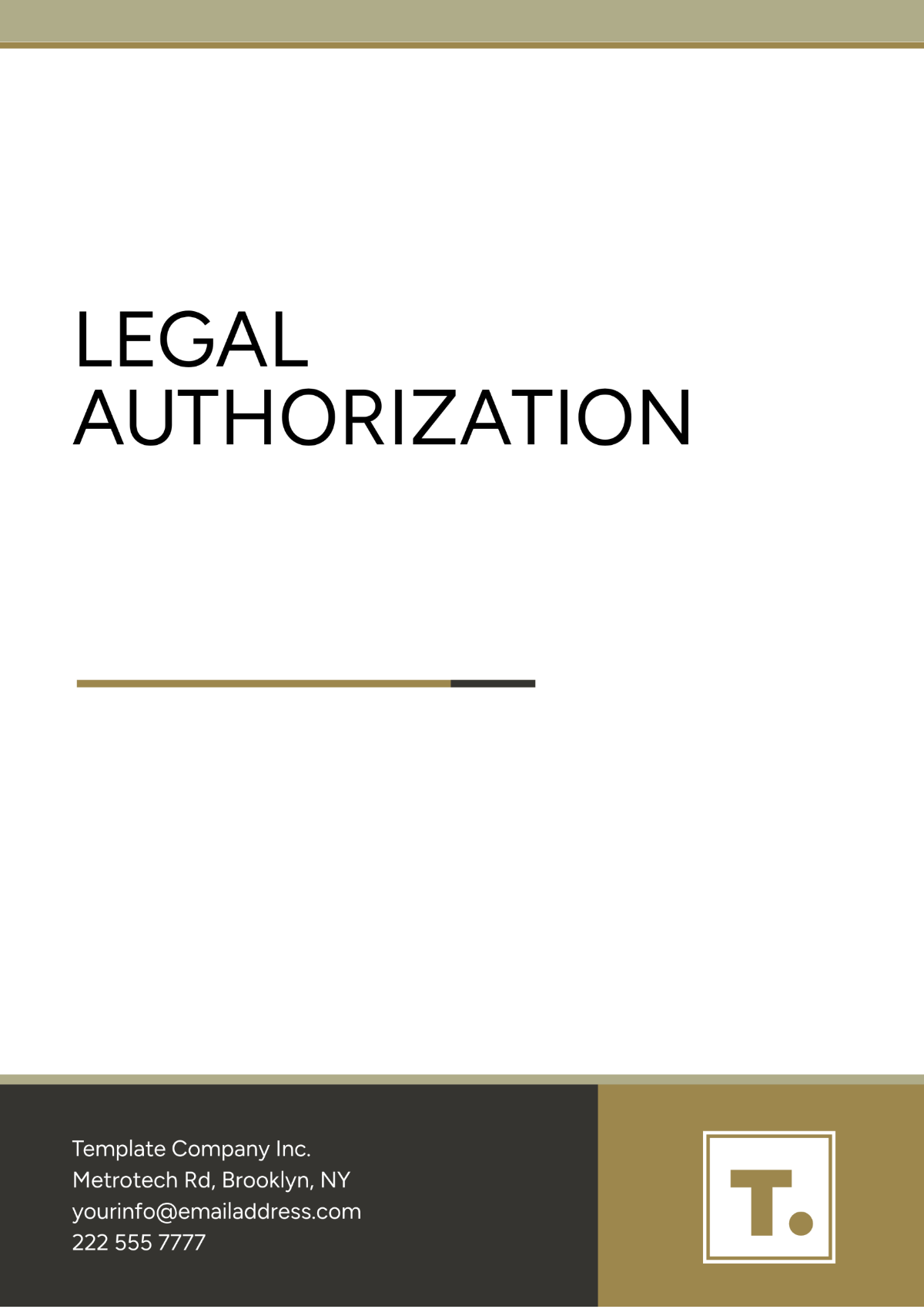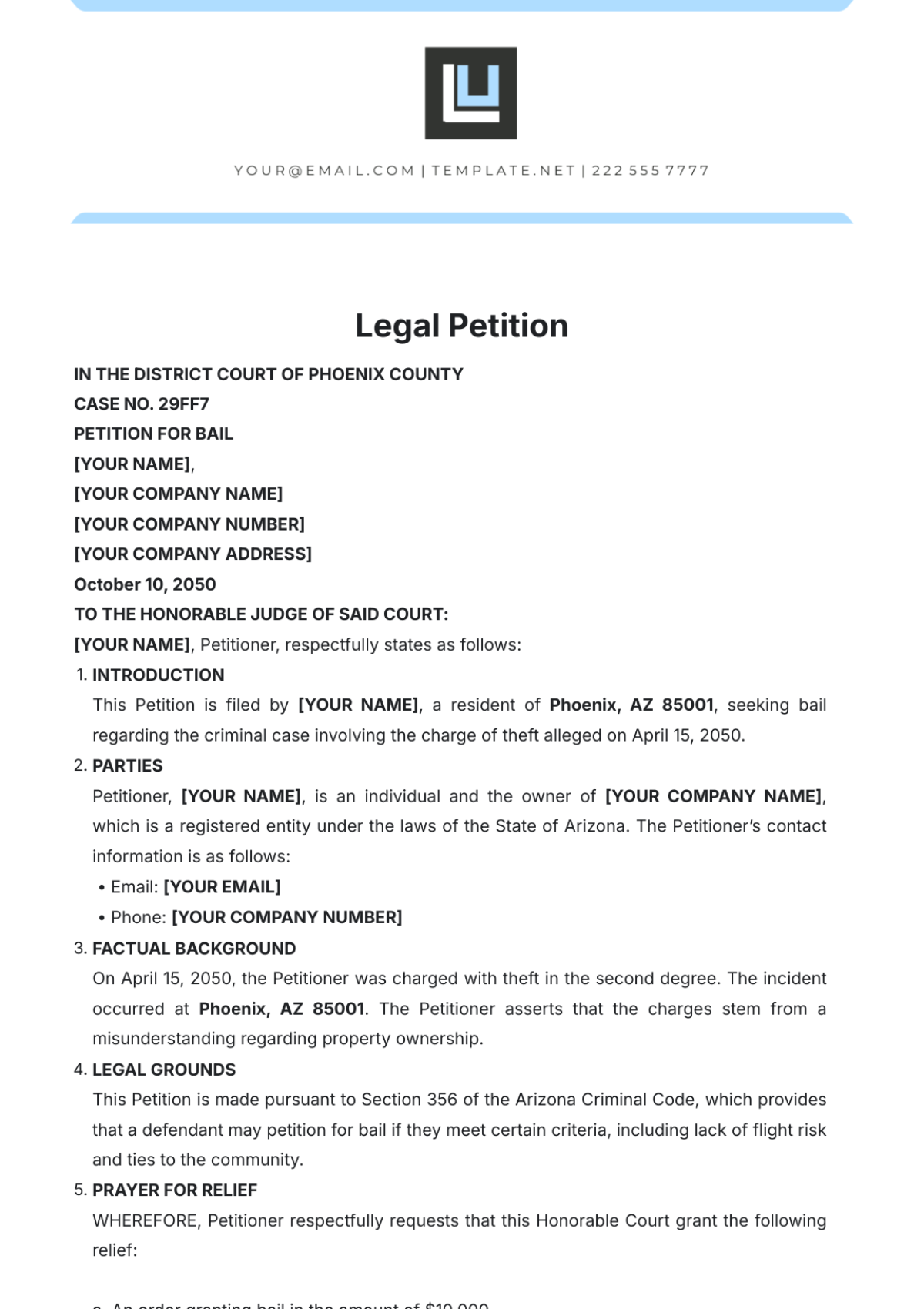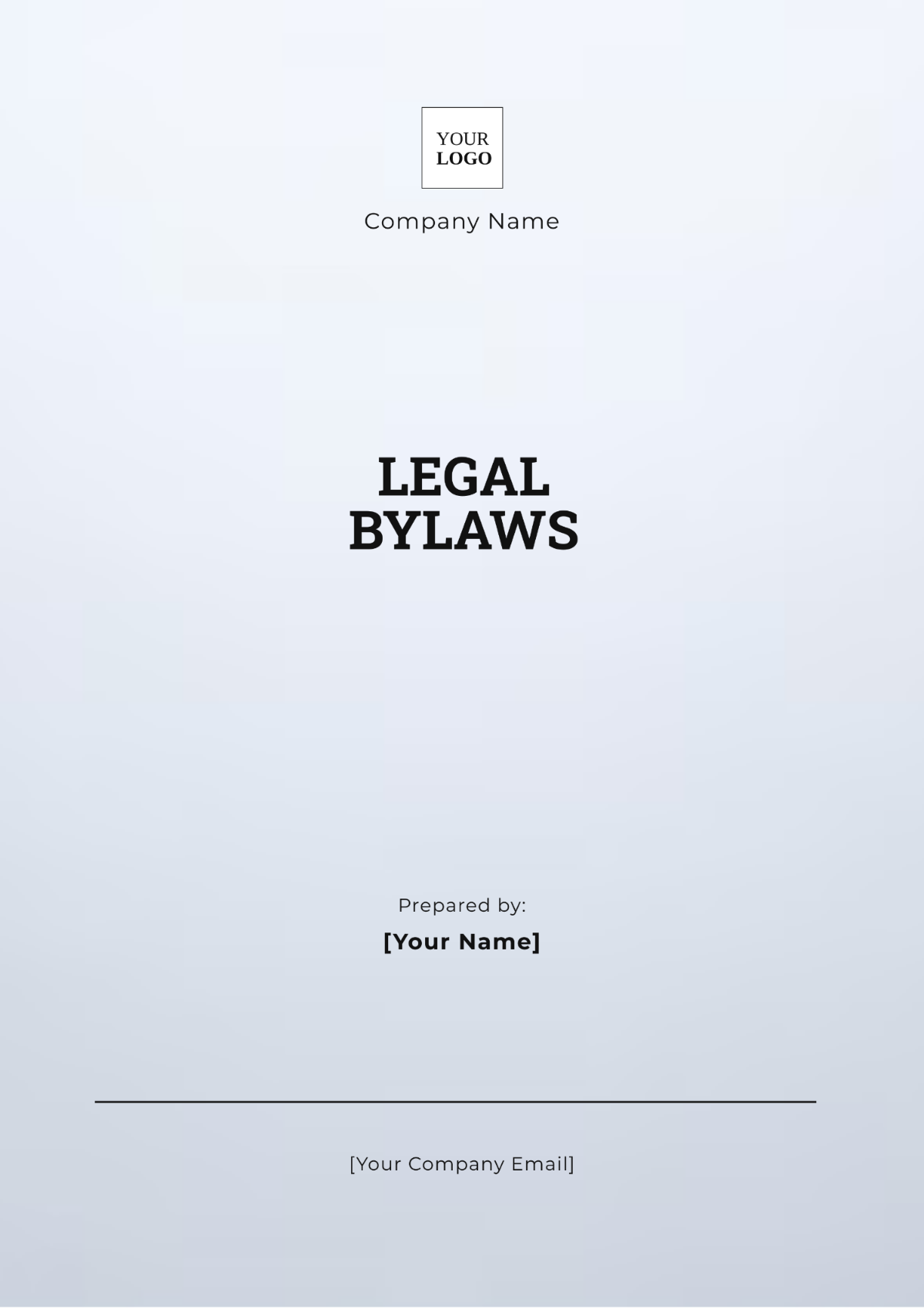Simplified Case Briefing
I. Case Information
Case Title: [Williams v. Department of Environmental Protection]
Case Citation: [2050 U.S. 1234]
Court: [United States Supreme Court]
Date: [March 15, 2050]
A. Facts
In 2048, [Williams], a [small business owner], applied for a permit to expand his manufacturing facility.
The [Department of Environmental Protection] denied the permit citing violation of air quality standards.
[Williams] appealed the decision, arguing that the standards were arbitrary and overly restrictive.
B. Issues
Whether the [Department of Environmental Protection]'s denial of the permit violated administrative law principles.
Whether the air quality standards applied were reasonable and supported by substantial evidence.
Whether [Williams]' due process rights were violated during the permit application process.
II. Legal Analysis
A. Applicable Law
Statutes:
[Clean Air Act (CAA), 42 U.S.C. §§ 7401-7671q]
[Administrative Procedure Act (APA), 5 U.S.C. §§ 551-559]
Precedents:
[Massachusetts v. EPA, 549 U.S. 497 (2007)]
[Chenery v. SEC, 332 U.S. 194 (1947)]
B. Arguments
Petitioner's Arguments:
[Williams] argued that the denial of the permit was arbitrary and capricious under the [APA].
[Williams] contended that the air quality standards imposed by the agency were not based on scientific evidence.
Respondent's Arguments:
The [Department of Environmental Protection] defended its decision as necessary to protect public health and the environment.
The agency argued that the air quality standards were based on extensive scientific research and met statutory requirements.
III. Court's Decision
A. Holding
The Supreme Court held that the [Department of Environmental Protection]'s denial of the permit was arbitrary and capricious under the [APA].
The Court overturned the agency's decision and remanded the case for further proceedings.
B. Reasoning
The Court found that the agency failed to adequately explain its reasoning for denying the permit.
The Court emphasized the importance of agency transparency and adherence to procedural requirements under the [APA].
IV. Implications and Significance
The decision sets a precedent for judicial review of agency actions under administrative law, emphasizing the need for agencies to provide reasoned justifications for their decisions.
The case underscores the importance of balancing environmental protection with due process rights in administrative proceedings.
V. Conclusion
[Williams v. Department of Environmental Protection] serves as a landmark case in administrative law jurisprudence, highlighting the judiciary's role in ensuring accountable and transparent administrative decision-making.



